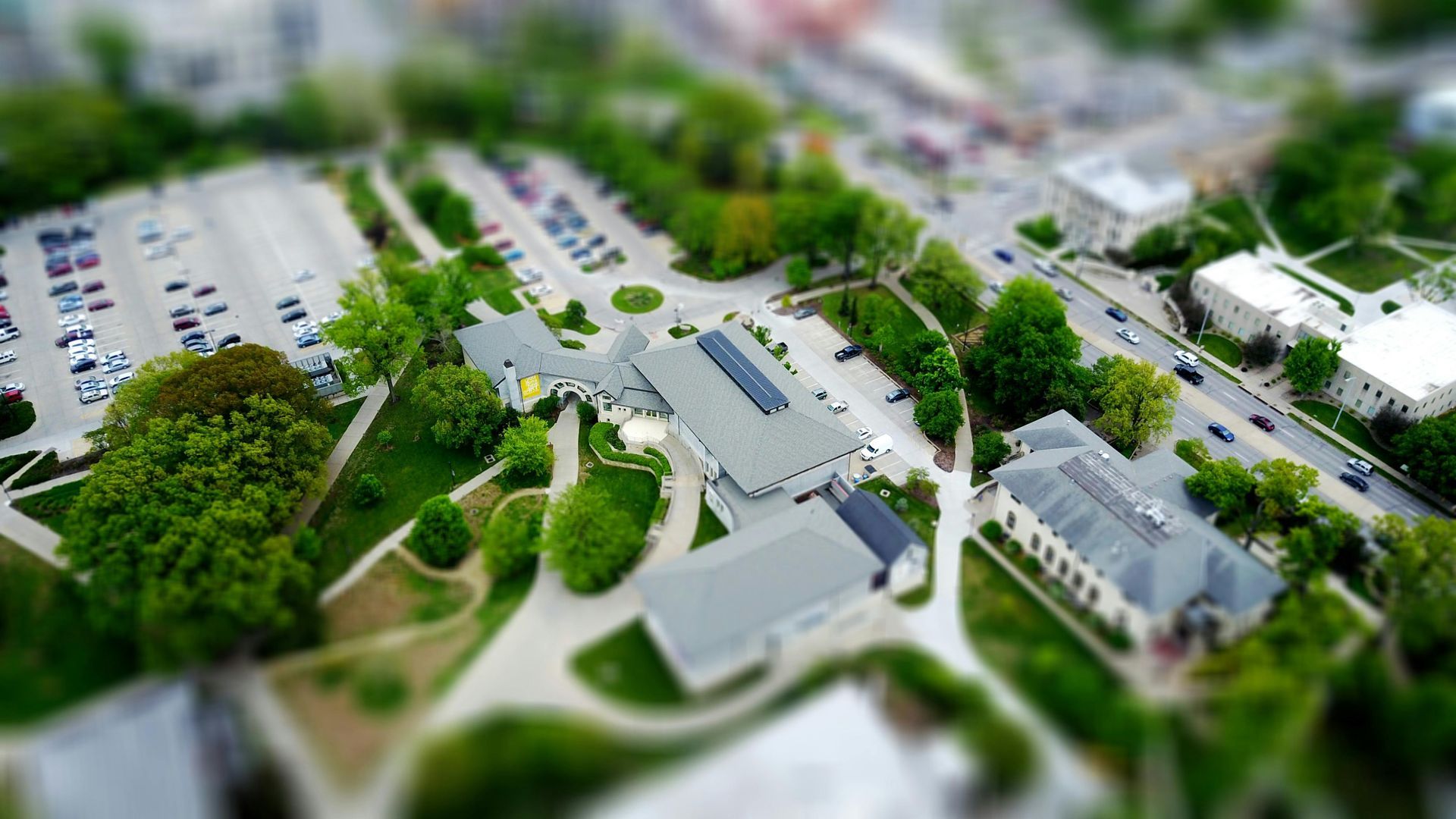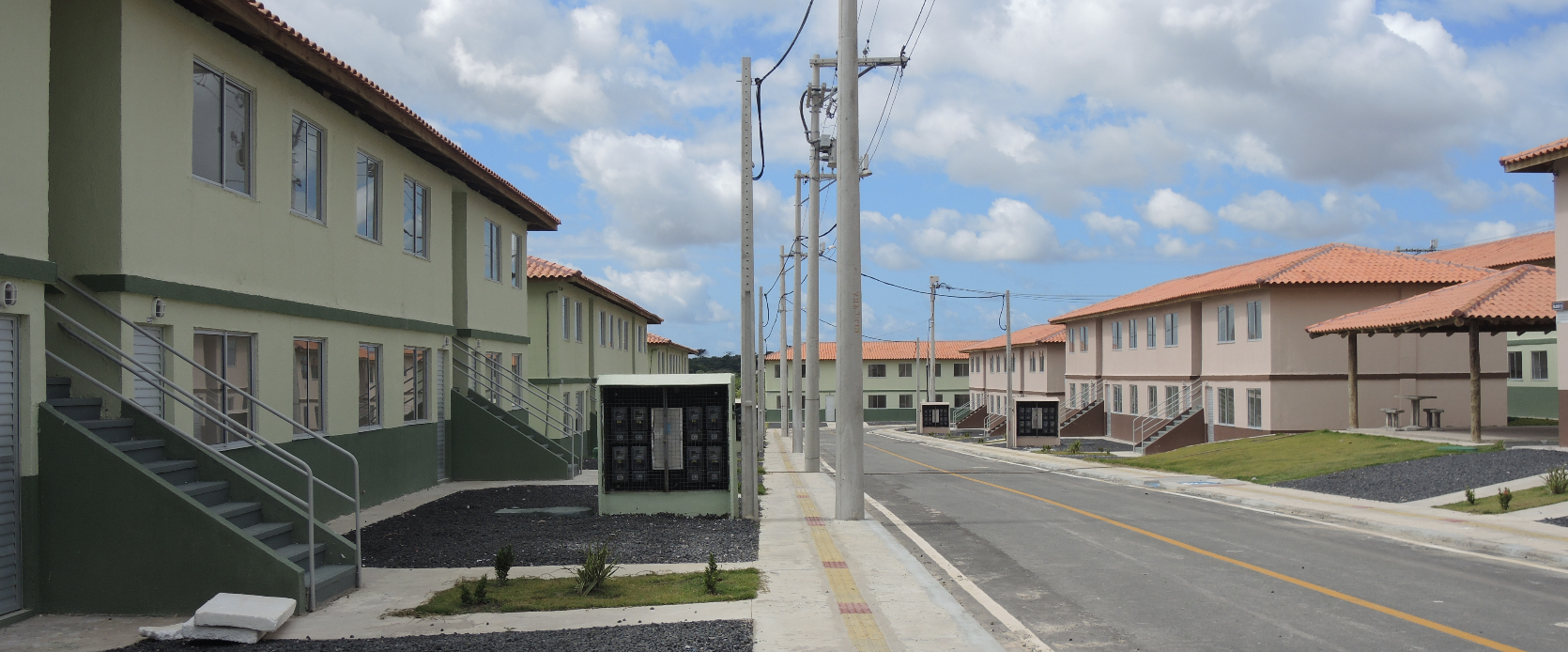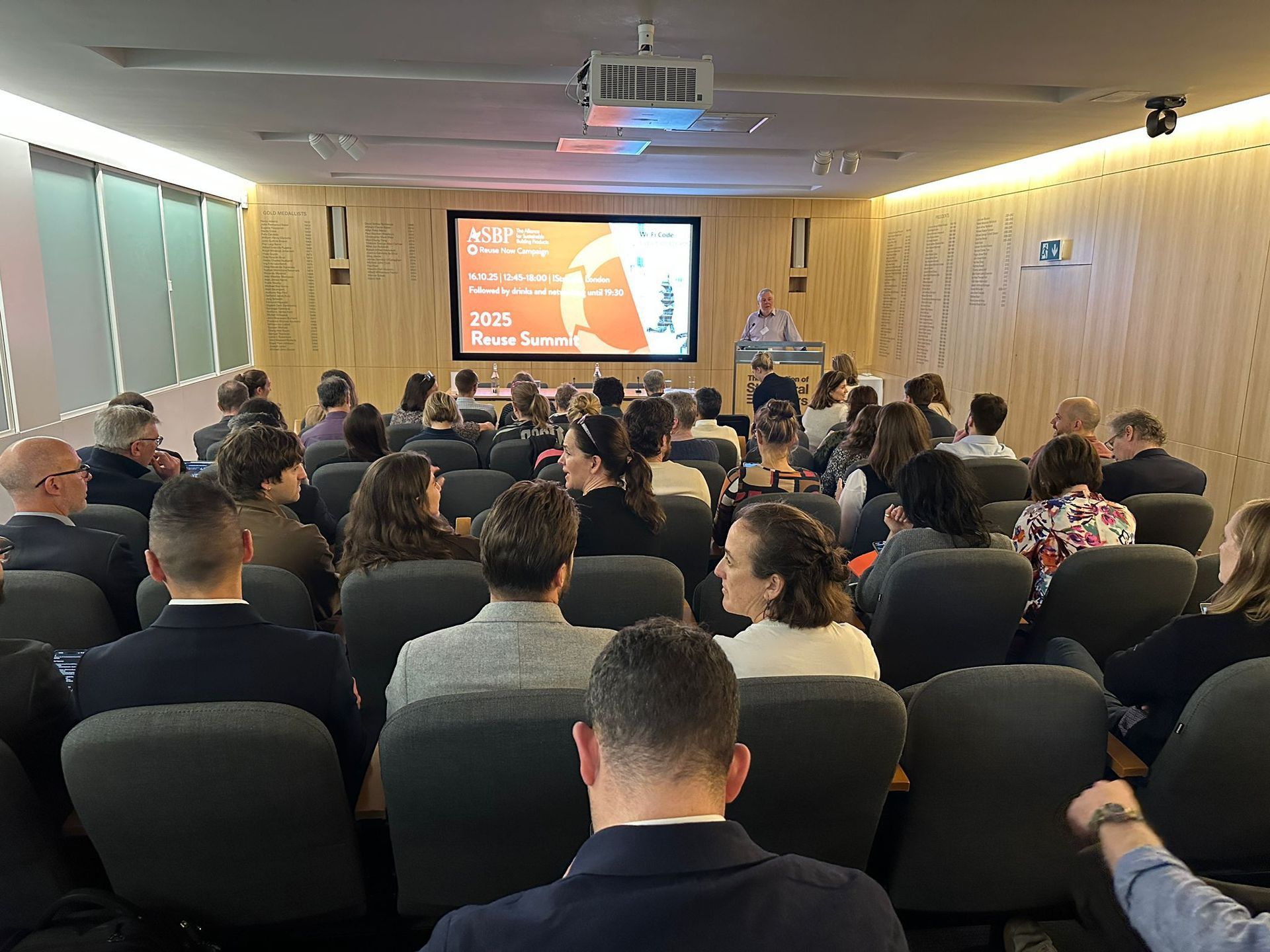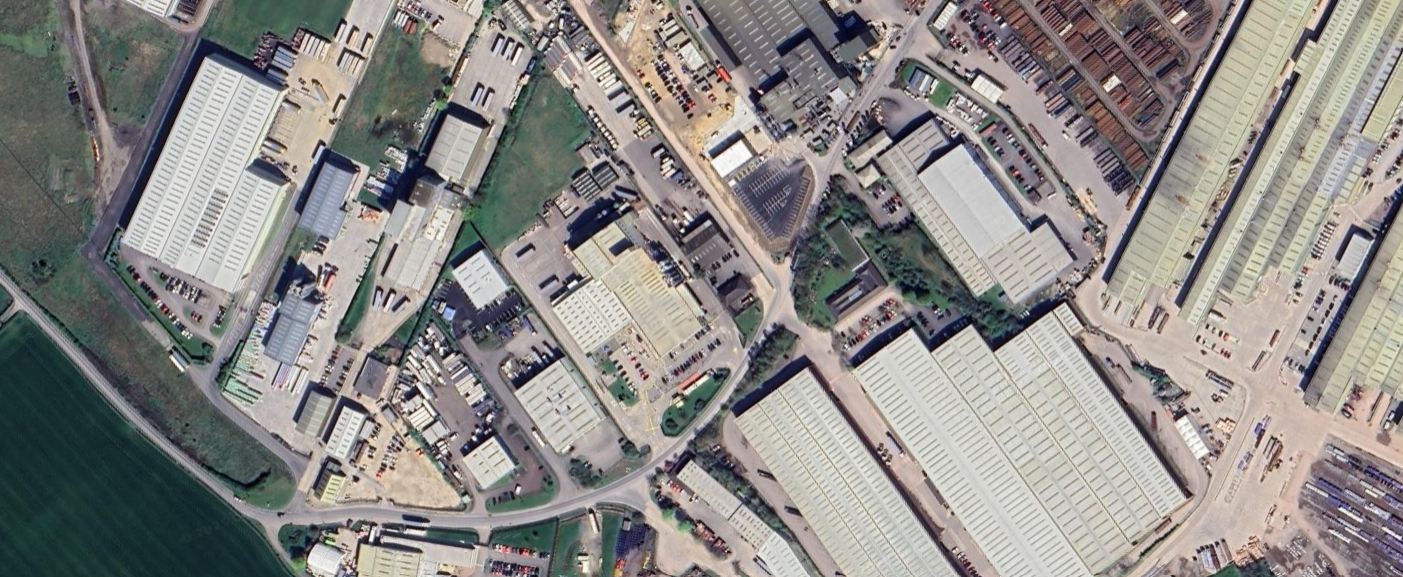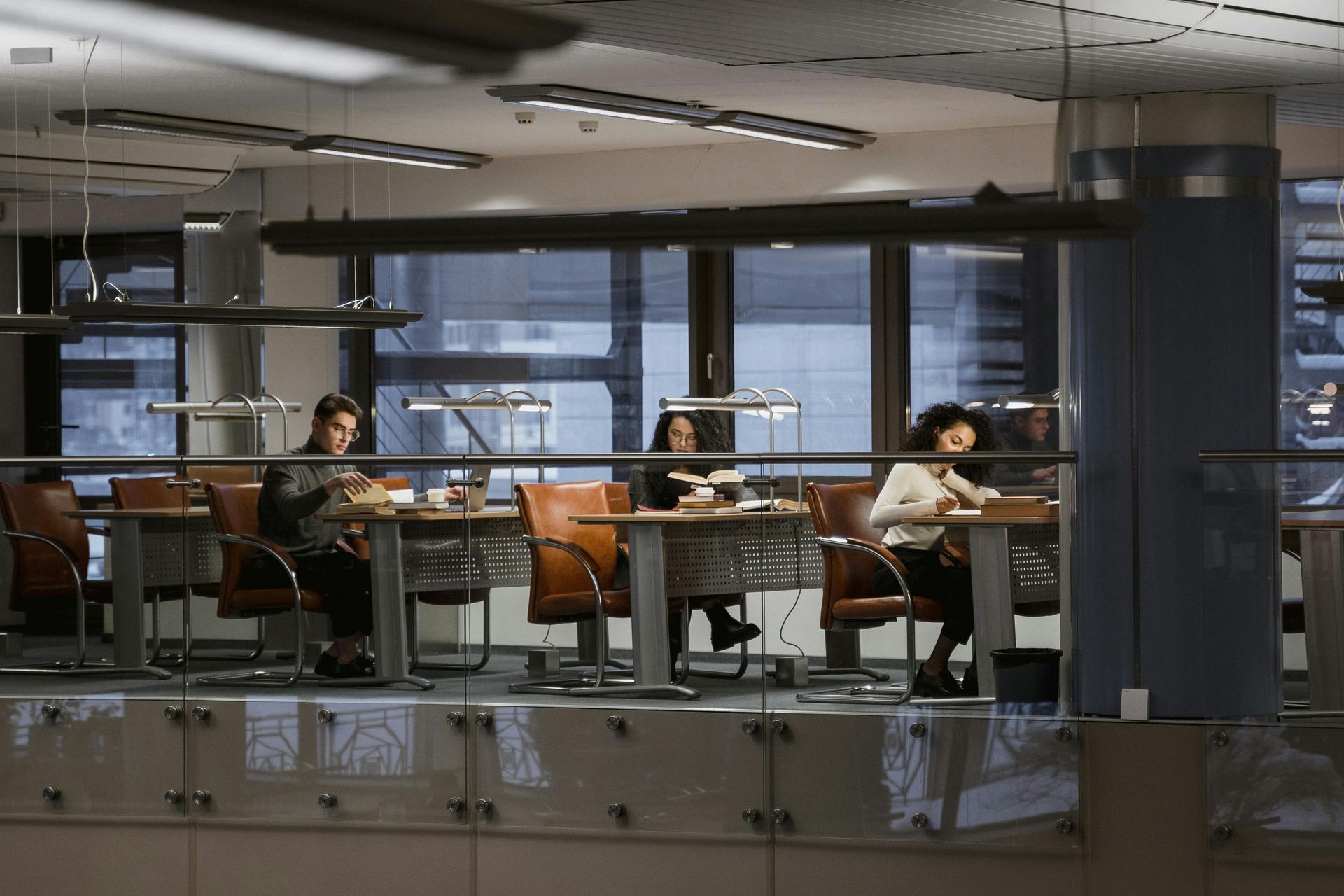Can Artificial Intelligence and a Mobile App Increase Reuse in Construction?
Reusefully has begun work on an Innovate UK funded project known as ‘LINK’ to investigate a new digital platform for construction material reuse. Working with partners from the University of Hertfordshire, Finishes & Interiors Sector (FIS), Rasutatech and Nazir Associates, the study will look to develop and evaluate machine learning to recognise construction materials in-situ, and rapidly connect donors and recipients.
The idea with LINK is to accelerate the on-site identification and listing of salvageable construction products. The project will investigate the development of a Rapid Listing Mobile App (Rambo). Using a mobile phone's camera, the app will be developed to recognise construction materials and products (whether that be brick, stone, panels, partitions, floor tiles etc), quantify them and sort them into separate postings with an automatic upload to LINK's online exchange platform.
The intention is that a user should simply need to open the app and point the camera to the construction material to be salvaged and the LINK system will do the rest. This will revolutionise a long and arduous process of taking separate photos of each material, writing descriptions and uploading them one after the other on a webpage.
LINK will aim to connect end-user buyers directly to material owners, aiming to disrupt the currently inefficient and sustainability-defeating process of travelling multiple journeys to pick up varying volumes of materials and storing them before struggling to sell at high prices or disposing them. It aims to create a more cost-effective market for reusing materials therefore leading to a dramatic increase in reuse. The initial focus for the project team is reuse within the commercial finishes and fit-out sector which has a traditionally high level of turnover of items, is often constrained by short project lead times and deals with products that have a high potential reuse value if challenging time constraints and commercial pressures can be met.
Together with Reusefully, the partners within the project are Nazir Associates Ltd, who develop sustainability-related technology solutions, the University of Hertfordshire, whose Big Data Technologies and Innovation Laboratory focuses on the application of technologies like big data and artificial intelligence and machine learning, Finishes & Interiors Sector (FIS), the trade body for construction fit-out materials with over 8,000 members, and Rasutatech, a digital technology firm with an arm that specialises in development of mobile apps and e-commerce platforms.
The project is part-funded by Innovate UK under the UK Smart Grants programme to support SMEs and their partners to develop disruptive innovations with significant potential for rapid, economic return to the UK.
For more information on the project, go to www.linkedme.co.uk or contact us via the form above.
